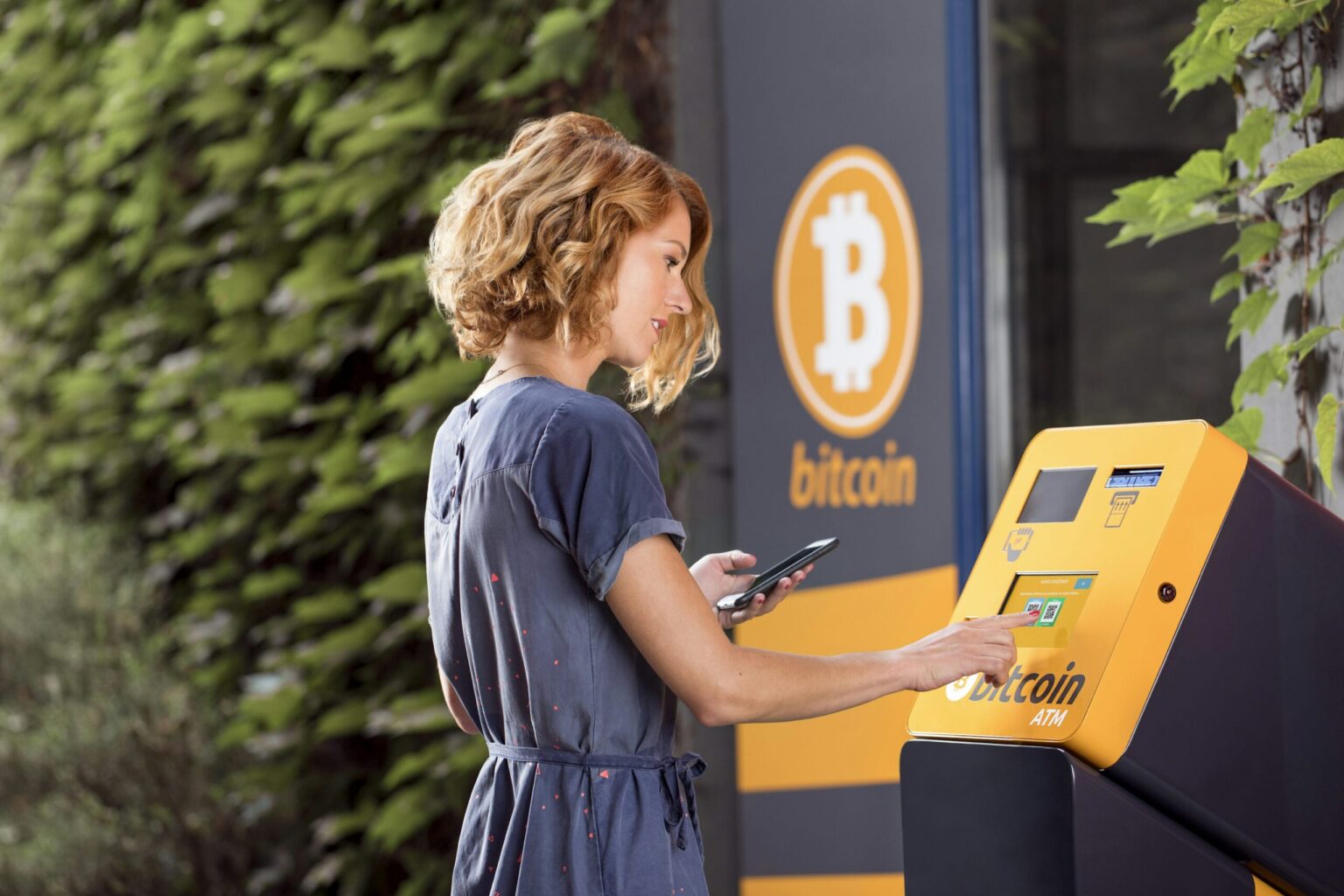As interest in cryptocurrencies continues to grow, the conversation around their integration into everyday life intensifies. The relevance of digital currencies in the modern financial landscape is undeniable, and recent discussions have centered around innovative ways to enhance public accessibility and understanding of these assets. Cryptocurrency ATMs within federal buildings could serve as an entry point for many, offering a practical demonstration of how digital finance operates in real-world scenarios. This ongoing debate underscores the broader implications of integrating cryptocurrency technologies into public infrastructures, reflecting both opportunities and challenges.
Exploring the Proposal for Cryptocurrency ATMs in Federal Buildings
The Proposal: An Educational Initiative?
In a notable move, Texas Republican Congressman Lance Gooden has suggested that cryptocurrency ATMs be installed in federal buildings across the United States. This proposal, communicated through a letter to Stephen Ehikian, the current acting administrator for the General Services Administration (GSA), positions these ATMs as valuable educational tools. Gooden believes that such installations could facilitate a broader public understanding of cryptocurrencies, making the technology more accessible and less mysterious to the general populace.
Public records from the House of Representatives do not show any personal cryptocurrency investments by Gooden since his election in 2019, suggesting an impartial perspective aimed purely at public benefit. However, it is unclear whether existing regulations would support the deployment of digital asset ATMs in government facilities.
Regulatory and Financial Considerations
The GSA, which oversees federally owned properties, possesses the authority to manage specific ATM placements, typically for federal credit unions. However, extending this authority to cover digital currency ATMs remains a gray area. Ehikian, appointed under President Donald Trump, may lack the directive to unilaterally authorize these installations. Instead, such a venture might require legislative backing given the financial implications and regulatory complexities involved.
Examining Potential Influences
Questions arise regarding the influence of President Trump’s own cryptocurrency engagements on this proposal. Reports highlight his diverse interactions with the digital asset space, from personal investments to campaign funding. Further, a recent notable event involved Trump hosting key stakeholders of a cryptocurrency tied to his brand, raising speculations about potential impacts on policy decisions within this domain.
Legislative Counterpoints
Simultaneously, legislative interest in regulating cryptocurrency ATMs is apparent. In February, Illinois Senator Dick Durbin proposed the Crypto ATM Fraud Prevention Act, aiming to implement preventative measures against fraudulent activities that have disproportionately affected vulnerable groups, particularly seniors. This legislative development presents an intriguing contrast to Gooden’s proposal, setting the stage for a nuanced discussion on balancing access to innovation with the necessity for robust consumer protection.
Conclusion: Navigating Innovation and Regulation
The introduction of cryptocurrency ATMs in federal buildings signifies just one of many steps towards integrating digital currencies into everyday financial systems. As debates continue, the focus must remain on achieving a delicate balance: fostering technological innovation while ensuring consumer protection and regulatory compliance.
Is the installation of cryptocurrency ATMs in federal buildings feasible?
The feasibility depends on regulatory approval and legislative support. While the GSA has authority over placements, extending it to include cryptocurrency ATMs requires careful examination of existing laws and potential financial implications.
What are the potential benefits of cryptocurrency ATMs in public spaces?
Cryptocurrency ATMs in public spaces can demystify digital currencies for the general public, serving as an educational resource and offering a hands-on experience with these innovative technologies.
How does this proposal impact the wider cryptocurrency regulatory landscape?
This proposal could ignite discussions on broader regulatory frameworks for cryptocurrencies, influencing future legislation that balances innovation with necessary consumer protections.
What measures ensure the security of cryptocurrency ATMs?
Implementing security measures like enhanced verification processes and fraud detection systems are critical to ensuring the safe usage of cryptocurrency ATMs while minimizing fraud risks.

